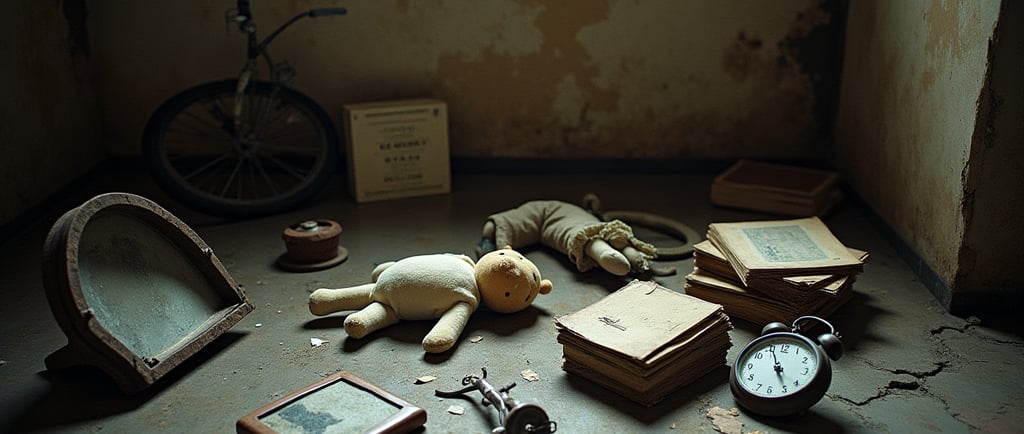The Gospel According to Broken Things


The Gospel According to Broken Things
"But we have this treasure in earthen vessels, so that the surpassing greatness of the power will be of God and not from ourselves." - 2 Corinthians 4:7 (NASB)
My favorite mug has a hairline crack that runs from the rim halfway down the side. I should probably throw it away, but I can't bring myself to do it. Not because it's particularly valuable or sentimental, but because somehow it holds coffee better broken than it ever did whole.
Maybe that sounds strange, but I've been thinking a lot about brokenness lately. How we spend so much energy trying to hide our cracks, to appear seamless and undamaged, when maybe our breaks are exactly where the light gets in.
Leonard Cohen wrote, "There is a crack in everything, that's how the light gets in." What if he was onto something profoundly spiritual? What if our efforts to appear spiritually perfect are actually blocking the very grace we're desperate to experience?
Paul calls us "earthen vessels"—clay pots, essentially. Clay that's been broken and reformed, shaped by pressure and heat, useful precisely because it's hollow. The treasure isn't in the perfection of the container; it's in what the container can hold.
I used to think my depression disqualified me from meaningful spiritual life. I thought my anxiety was evidence of insufficient faith. I believed my doubts were proof that I wasn't really a believer. I spent years trying to fix my cracks, to present an unbroken surface to God and others.
But what if my depression is actually where empathy lives? What if my anxiety makes me more attuned to others' pain? What if my doubts have led me to a faith more honest and resilient than any certainty could provide?
This isn't about glorifying brokenness or avoiding healing. It's about recognizing that our cracks don't disqualify us—they distinguish us. They make us unique vessels, capable of holding and pouring grace in ways that smooth, perfect containers never could.
If you feel broken today, if your spiritual life feels more cracked than complete, remember: you're in good company. Moses stuttered. David was an adulterer. Paul was a persecutor. Peter was a denier. Thomas was a doubter. God seems to prefer working with damaged goods.
Your brokenness isn't a bug in the system—it's a feature. Not because God enjoys our pain, but because God specializes in making broken things beautiful, cracked things capable, wounded things wise.
You are not too broken for grace. You are not too damaged for divine love. You are exactly the kind of earthen vessel that treasure was meant for.
